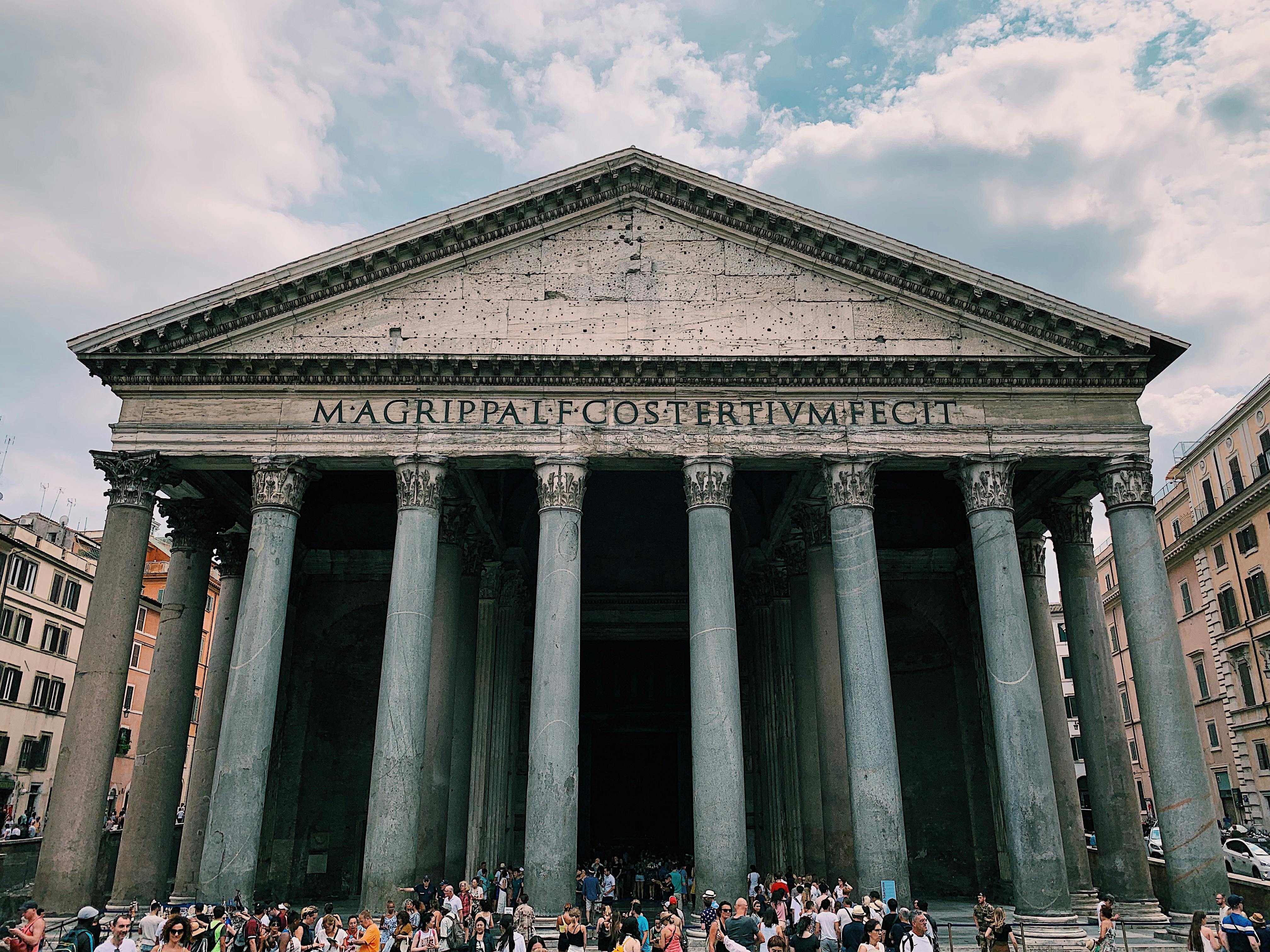With all the real estate gurus (damn, I hate that word) talking about remodeling homes and making all this money, they often leave out the costs associated with doing it. Sometimes these costs can defeat the purpose of making deals altogether. I’m not saying to eliminate flipping as an exit strategy by any means, I just know what you’re getting yourself into. As an astute investor, you need to keep more in mind than the check you’ll receive at closing because it’s not what you earn, it’s what you keep. This especially comes into play when playing monopoly using investor funds because it affects the final return on investment.
Investment gain from the sale of real estate is considered capital gain and is taxed at two levels based on how long you own the property. When you hold the investment for a year or less, you face a short-term gain that is taxed at ordinary tax rates that can be as high as 35%. By holding the investment for more than a year, your gain is treated as a long-term gain and is taxed at more favorable rates. In our current environment, the capital gains rate tops out at 15%. We have a profit of $100,000, that’s the difference between paying Uncle Sam $35,000 or $15,000 at tax time. I would like to keep that $20,000 personally.
Another cost to consider is that you are listing your properties and they are realtor commissions. The average property sale pays the buying agent 3% and the selling agent 3%. This 6% total on a $200,000 sale comes out to $12,000. Do ten of these a year and you’ll be talking about $120,000 lost in sales commissions. You could buy a few more cribs with that or, if you’re the flashy type, that Aston Martin you’ve been drooling over. One way to combat this is to get your own real estate agent’s license and sell the property yourself. If you find the buyer, you do not pay any commission. If you list the property and another agent finds a buyer, you only pay 3% or less depending on the listing agreement.
Another exit strategy that I prefer is the rent-to-own option. In this scenario, the renter contributes between 2% and 3% of the purchase price in advance as a non-refundable option fee. They also agree on a fixed selling price at the end of the option period, in our case usually 12 months. You’ve sold the house from scratch. You collect rent, an option fee, and all the tax benefits that come with owning the property. The icing on the cake is that there are no estate agents involved, so you also save 6%. I don’t mean to criticize my fellow real estate agents any longer, but as an investor, every penny counts.
These are just a few tips to keep in mind when moving your sticks and bricks. I like making money, but saving it feels just as good. Think about it.

